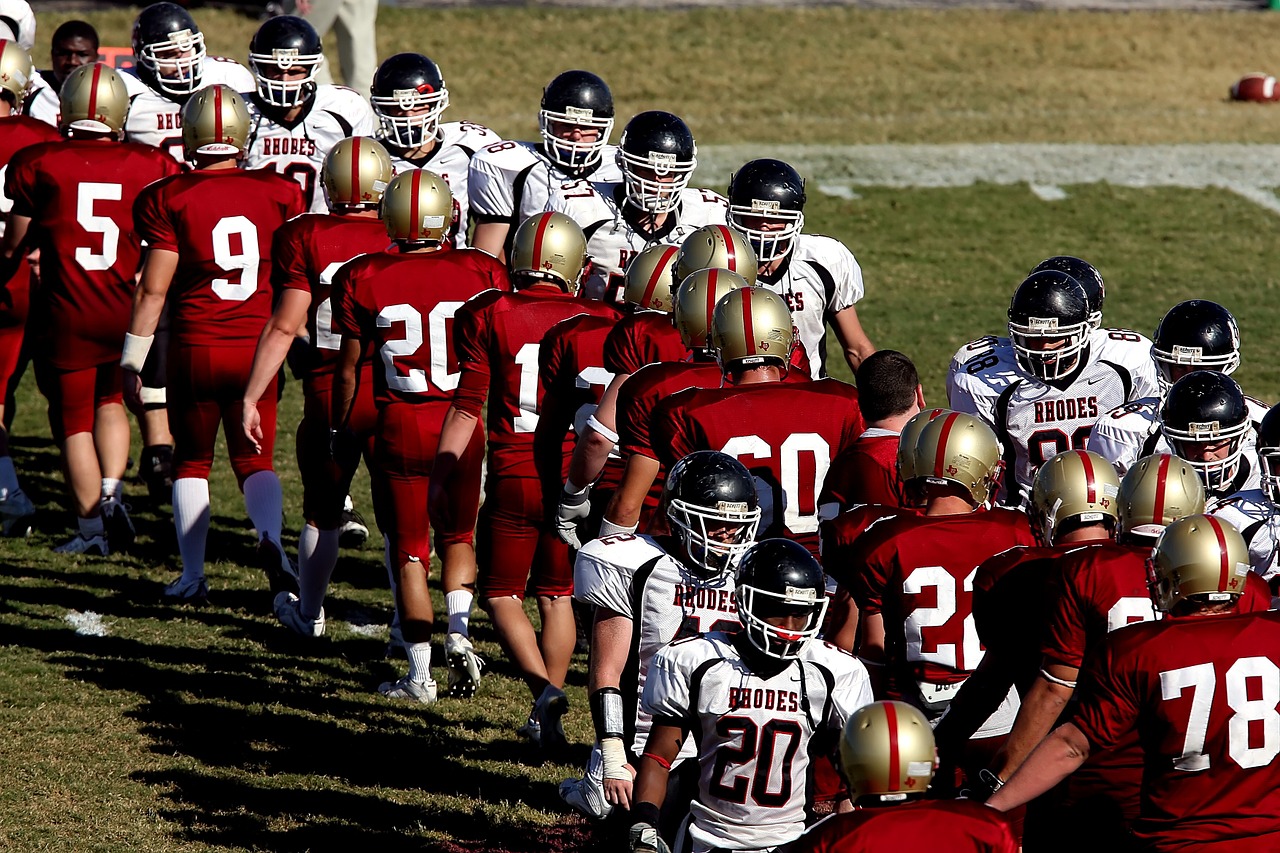NFL players voted to adopt a new Collective Agreement that will become the main document regulating the relationship between football players and team owners for the next 11 years . The result of the vote is 1019-959, and a simple majority was enough to approve the Agreement , but a small handicap suggests that even after 10 months of discussions, the opinions of the players were almost evenly divided .
But the Agreement has been accepted , so let’s summarize and list the main changes that will distinguish the current agreement from the previous one.

1. 14 teams in the playoff.
What everyone has heard: each conference will now have 7 teams instead of 6 in the playoffs. Only one team will get the bike. The rule comes into force this year. For example, if it had been in effect a year ago, the 7th-seeded Steelers and Rams would have played in the playoffs, while green Bay and Kansas city, who earned the second seed, would not have been idle, but would have played them in the wild-card weekend.
What few people knew: under the old Agreement, teams that received a biwik did not get paid for the first round of the playoffs. Now the players of the team on the bikeway in the first round of the playoffs will receive the same amount as the players of the other winning teams in the divisions, $42.5 K each. Players of wild-card teams will earn $37.5 K.
2. 17 games in the regular season
The extra game was a minor point of discussion for a long time, but the NFL attached more and more importance to it, eventually making the extra game one of the main subjects of discussion, suggesting that players ask for additional bonuses in return, but not backing away from the idea of a 17-game season.
Many NFL veterans were against adding an extra game to the calendar, because they know that even an extra 60 minutes of football can affect your health, but for many players who receive low salaries (almost two-thirds of players in the NFL earn the minimum money allowed by the Contract), another game is a good salary increase. Players who receive less than $4 million per season will receive the same amount for each of the 16 games. For players whose career will last no more than three years (about 60% of them), an extra match is also important.
The first 17 game is likely to take place in 2021, after a new contract is signed with NFL broadcast networks. The owners have a three-year interval for the introduction of an additional game, but few doubt that this will happen in 2021.
Interestingly, the number of international games per season is limited to ten until the 2025 season. It is not yet known where the additional games will be held.
It is important to note that the 10-match international series potentially includes an 8-match “home season” of the team from London (approx. per.)
3. Minimum wage
“Our goal was to help the bulk of the players receiving the minimum wage,” said the new President of the Union, JC Tretter. And players ‘ representative Nick Sandberg told The Athletic that the players asked for a double increase in the minimum wage. In return, they received a smooth increase in the minimum check, which will grow by 20% in the coming season, and will double (and even more) by the end of the Agreement, in 2030.
Critics say that the NFL is using this point to split the members among themselves, playing on the feelings of the players with minimal salary. This may be true, but it should be recognized that in the era of the salary cap, the increase in the minimum wage leads to a decrease in the amount that teams can afford to pay the most expensive players. And one of the main objects of criticism in the old Agreement was just this point. Some in the League had everything, and some were content with crumbs, with 65% of players receiving the minimum salary required for their experience even now.
At the same time, 51.5% of the players were in favor of the new Agreement, which means that about a quarter of the players who receive the required minimum voted against the new agreement, or simply did not vote because they did not pay their membership fees.






